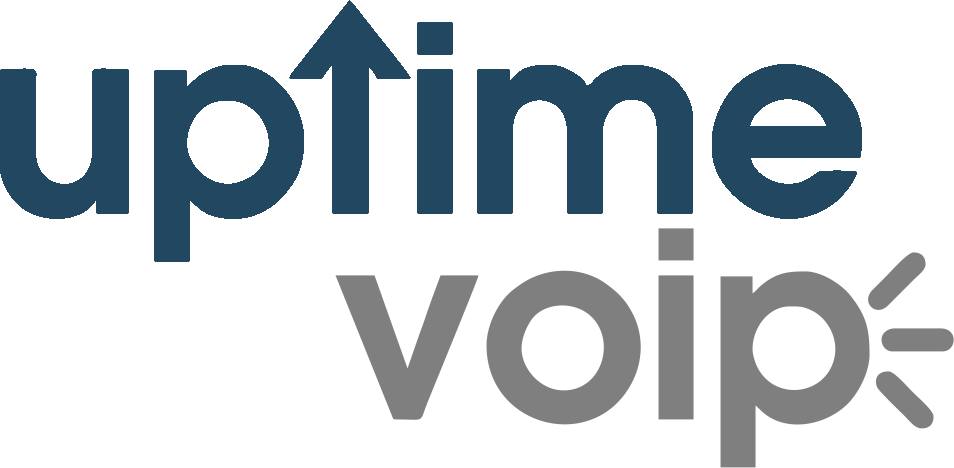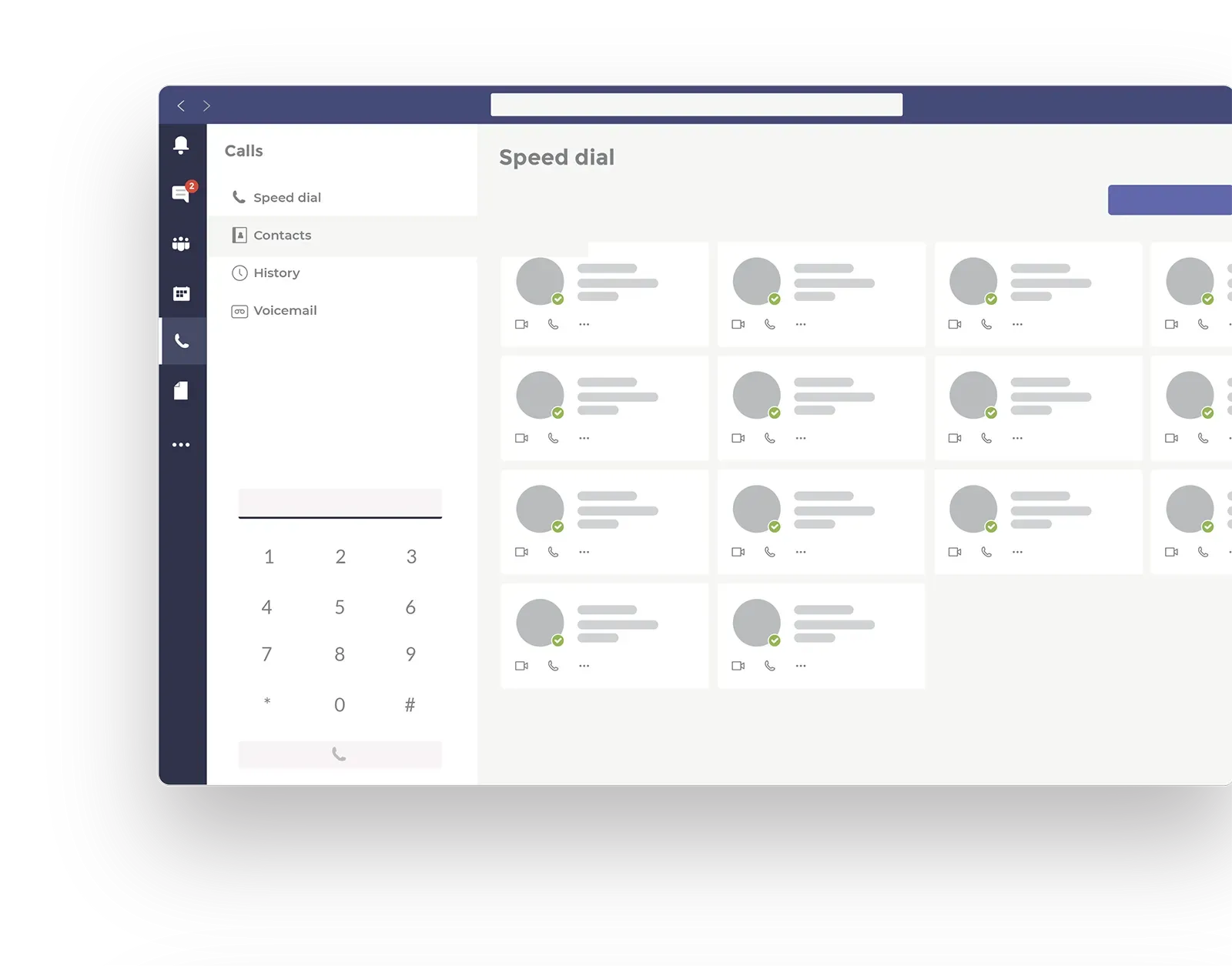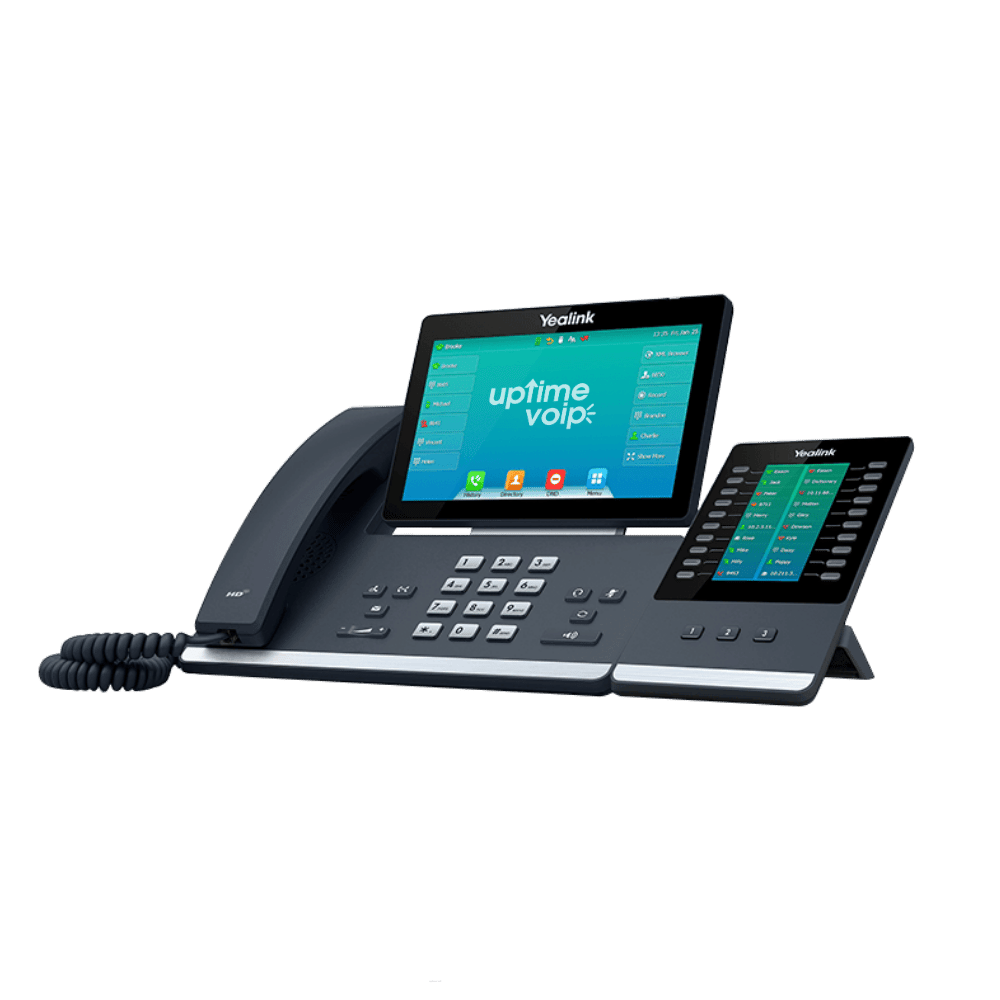
Top 10 Business Unified Messaging Platforms in 2025
Introduction
In today’s fast-paced business environment, effective communication technology can make or break team collaboration. Unified messaging platforms consolidate multiple communication channels—like messaging, voice, and video—into a single interface, enhancing productivity and facilitating real-time collaboration across departments and locations. Here, we explore the top 10 unified messaging platforms for 2025, with a focus on evaluating each solution based on key business needs.
Criteria for Evaluating Business Messaging Platforms
1. Platform Integration
A good unified messaging platform should integrate seamlessly with essential business tools, such as CRM systems, project management applications, email, and productivity tools. Strong integration centralizes data, streamlines workflows, and enhances productivity by reducing the need for employees to switch between different applications.
2. Messaging Features
Features like group messaging, file sharing, and threaded conversations keep communications organized and allow teams to collaborate effectively. Platforms that offer tagging, mentions, and message prioritization help users focus on critical information without overwhelming them.
3. Video and Voice Capabilities
Unified messaging is most effective when it includes voice and video capabilities. With remote and hybrid work becoming the norm, the ability to switch seamlessly between messaging, calls, and video meetings is essential. A strong platform minimizes the need for third-party tools and simplifies workflows.
4. Security & Compliance
Data security is critical for organizations, especially those handling sensitive information. Platforms should provide end-to-end encryption, robust access controls, and comply with regulations like GDPR, GLBA, and HIPAA to safeguard communication and maintain compliance.
5. Mobile and Remote Work Support
With the shift toward mobile and remote work environments, platforms must support remote access and mobile devices. Cloud-based solutions with mobile apps ensure employees can stay connected from any location, improving productivity and accessibility.
6. Scalability and Flexibility
As companies grow, so do their communication needs. The best messaging platforms are scalable and flexible, adapting quickly to increased user demands without requiring major infrastructure investments. Flexible pricing and customizable features also support long-term value.
Top 10 Business Unified Messaging Platforms
1. Uptime VoIP
Uptime VoIP leads in unified messaging by offering a comprehensive suite of tools for messaging, video meetings, and voice communications. The platform excels in supporting remote and hybrid work environments with robust mobile apps and a cloud-based infrastructure. Uptime VoIP integrates with popular CRM systems, productivity applications, and provides APIs for nearly any external integration. Known for its security and AI features, Uptime VoIP is an excellent choice for businesses of all sizes, including those in regulated industries.
2. Microsoft Teams
Microsoft Teams is a staple for Office 365 users, with strong integration with Microsoft tools. It provides document sharing, group chats, and video conferencing, though it can be complex to manage for larger teams.
3. Slack
Slack is known for its intuitive design and third-party integrations, making it popular for team messaging. It offers organized channels, direct messaging, and customizable notifications, although its video capabilities are limited.
4. Zoom Team Chat
Zoom Team Chat integrates Zoom’s renowned video conferencing with messaging and file-sharing capabilities. Ideal for businesses that rely heavily on video communication, though it has fewer messaging features than some dedicated platforms.
5. Cisco Webex
Cisco Webex provides a robust solution for large enterprises, with high security and scalability. It’s an excellent option for companies with strict compliance requirements, though it can be complex to manage and costly for smaller teams.
6. Google Chat
Google Chat integrates seamlessly with Google Workspace, offering fast and lightweight communication for businesses already using Google’s productivity apps. However, it lacks some advanced features available in other platforms.
7. WhatsApp Business
WhatsApp Business is geared towards small businesses needing global connectivity. It offers messaging, voice, and video with end-to-end encryption, though it doesn’t integrate well with other business tools.
8. Mattermost
Mattermost is an open-source messaging platform focused on security and customization. Popular among enterprises needing private hosting, but it requires more IT resources for setup and maintenance.
9. Flock
Flock combines team messaging with productivity tools like to-do lists and reminders, suitable for smaller teams needing integrated task management, though it lacks the scalability needed for larger businesses.
10. Zoho Cliq
Zoho Cliq integrates well with the Zoho suite, offering messaging, video, and collaboration features. Ideal for companies using Zoho products, though less effective for those needing external integrations.
Why Uptime VoIP is the Right Choice for Business Messaging
Among the leading options, Uptime VoIP stands out with its comprehensive suite of messaging, video, and voice tools that empower seamless collaboration. The platform’s scalability, support for mobile and remote work, and top-notch security make it an ideal solution for businesses of all sizes. With Uptime VoIP, companies can boost productivity, streamline communication, and create a more connected workforce.
Conclusion
Unified messaging platforms have become essential tools for today’s businesses, fostering collaboration, consolidating information, and ensuring security. As a leader in unified messaging, Uptime VoIP offers a reliable, scalable, and secure solution that supports the evolving needs of modern enterprises. By choosing Uptime VoIP, businesses can empower their teams and enhance productivity through streamlined communication and collaboration.











